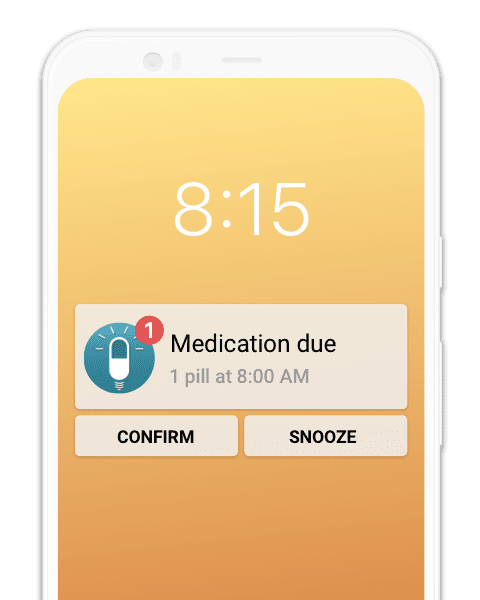Psoriasis is a chronic disease whose symptoms and how it manifests itself vary greatly from one person to another, and different parts of the body can be affected. One such case is psoriasis of the nails, known as nail psoriasis.
Among the different types of psoriasis, nail psoriasis affects approximately 50% of patients diagnosed with psoriasis. Normally, the nail area is not the only area affected by psoriasis and it can occur on other parts of the body such as the scalp, elbows and knees.
Nails have the main function of protecting the tips of the fingers and help you better grasp smaller objects, but they also have an aesthetic function and their involvement can have a psychosocial impact on the person.
Identifying psoriasis on the nails
Nail psoriasis usually occurs in people who already have some form of psoriasis elsewhere on the body. Nail psoriasis can affect both fingernails and toenails.
The symptoms of nail psoriasis can be very similar to the symptoms of nail fungus and are often accompanied by inflammation of the skin surrounding the nail.
The most common features of nail psoriasis include:
- Abnormal growth
- Yellowish patches (also known as oil stains)
- Stretch marks on the nails
- Bleeding in the splinters
- Thickening of the nail
- Splintering
- Small holes in the nails
- Discolouration
- Lines crossing the nail; also known as Beau's lines
Causes of psoriasis on the nails
Psoriasis on the nails can be caused by genetic causes as it is an inherited disease. However, being a carrier of the gene is not always the main cause for developing the disease as it can, for example, jump from one generation to the next.
There are many factors that can trigger psoriasis in some people but these vary completely from patient to patient. For example, psoriasis flares may occur regularly in some patients and in others only every few years.
Some of the factors that can trigger or bring on a psoriasis outbreak are:
- Stress: this is one of the most common symptoms in people with their first psoriasis flare-up. Multiple studies point to the close relationship between stress and psoriasis.
- Lesions: Nail psoriasis can arise due to injury or trauma to the skin. For example: cuts, burns or vaccinations.
- Medications: Certain drugs used for psychiatric treatment, malaria, cardiovascular diseases and arthritis can be a trigger for psoriasis or, if already diagnosed, can worsen the symptoms.
- Infection: Ear infections, bronchitis, tonsillitis or other infections can sometimes trigger psoriasis.
- Tobacco and alcohol consumption: Frequent tobacco and alcohol consumption has been found to be directly related to an increased risk of psoriasis.
Treatment of psoriasis
There is no specific treatment for psoriasis of the nails. The most common treatments are corticosteroids and vitamin D-derived medications. Vitamin D is recommended for psoriasis as it can benefit the patient if treatment is consistent.
If you suspect you may be suffering from psoriasis of the nails, it is necessary to see a medical specialist to receive a diagnosis, to evaluate your condition, and provide a possible treatment.
Care of psoriasis nails
In addition to the possible treatments indicated by the doctor, there are certain treatments that can alleviate the condition and that with daily care can help:
- Keep the nails short and cut them when they are a little damp (e.g. after a shower). It is also important to dry the nails well
- File the nails so that the edges of the nails are always smooth and so that no splinters can occur
- Keep both nails and cuticles moisturized
- Use some form of protection (e.g. gloves) when doing housework or any other activity that could be harmful to hands or nails
- If psoriasis affects the feet, it is recommended to wear comfortable shoes that are wide at the front
- Do not remove the cuticle as it can protect against possible infections
Here's a article that we think you might be interested in:



